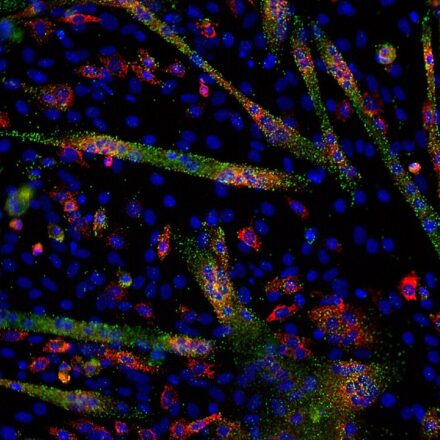The Department of Health and Aged Care is proposing the first major amendments to the Gene Technology Act 2000 (Cth) (the Act) since its commencement. Feedback on an Exposure Draft of the proposed Gene Technology Amendment Bill 2024 (the Draft Bill) is currently being sought from stakeholders, including regulated entities, academic institutions, researchers, and interested members of the public. A Consultation Paper has also been released. Submissions close 8 November 2024. This post takes a brief look at what you need to know about the potential impact of the proposed amendments.
The Gene Technology Act
The Act underpins the National Gene Technology Scheme (the Scheme), which regulates gene technology and genetically modified organisms (GMOs) to ensure public health and safety, as well as environmental protection. The regulator that oversees implementation of the Act and Scheme with federal, state and territory cooperation is the Gene Technology Regulator. The Scheme regulates research, production, importation and environmental release of GMOs to promote alignment of innovation with risk management, ethics and community expectations.
Periodic reviews of the Scheme have been undertaken since its commencement in 2001, as required under the original intergovernmental Gene Technology Agreement. Reviews were undertaken in 2006 and 2011 that resulted in some minor and technical changes being made to the Act.
The third review of the Act
In 2017, a third review of the Scheme was undertaken by the Gene Technology Standing Committee. While the review found the Scheme was working well, 27 recommendations to strengthen the Scheme were made.
In response to the final Third Review Report, a Decision Regulation Impact Statement was also developed to explore how best to modernise and future-proof the Scheme.
In 2021, the Gene Technology Ministers’ Meeting (the GTTM) consulted with stakeholders on a Decision Regulation Impact Statement and agreed to implement priority recommendations by adopting a ‘risk‑tiering’ regulatory model that will regulate activities according to the of risk posed by the GMO.
Key proposed changes to the Act
- New authorisation pathways
The Draft Bill:
- proposes to create a new framework where dealings with GMOs will be classified into categories according to risk
- contemplates GMO permits that will be assessed more quickly (within 30 days) than current licences for activities such as GM plant field trials and
- streamlines GMO licence application assessments, with public consultations on applications only required for GMOs that are novel, involve therapeutic GMOs or activities in containment facilities.
- Streamlining and strengthening facility certifications and application processes
The Draft Bill also proposes that:
- the requirements for accreditation and certification will be specified in rules made by the Gene Technology Regulator rather than in guidelines
- decision criteria for accreditation and certification will now be included in the Act and
- breaches of accreditation and certification conditions may now result in civil and criminal penalties.
What does this mean for you?
As the use of gene technology continues to expand at an exponential rate, this reform will have an impact on a wide range of industries, from animal and human health to agriculture, industrial chemicals and food.
Stakeholders will likely welcome a streamlined authorisation processes and the removal of administrative burden that is anticipated to allow for easier and more efficient access to gene technology. However, with more stringent approval criteria and penalties being introduced, diligence will be needed to ensure compliance.
The reform appears to genuinely reflect an intention to modernise and enhance the Scheme to ensure sustainable growth of the biotechnology industry. Whether this ambition is achieved will depend in part on responses that are received to questions that are posed in the Consultation Paper (here). Are the proposed changes clear or is there room for misinterpretation? Will the proposed offences and civil penalties impact you?
You can provide your feedback to the Department here. If you need any assistance in preparing your feedback or responses, please feel free to reach out to our health technology and health regulatory experts in our team.








